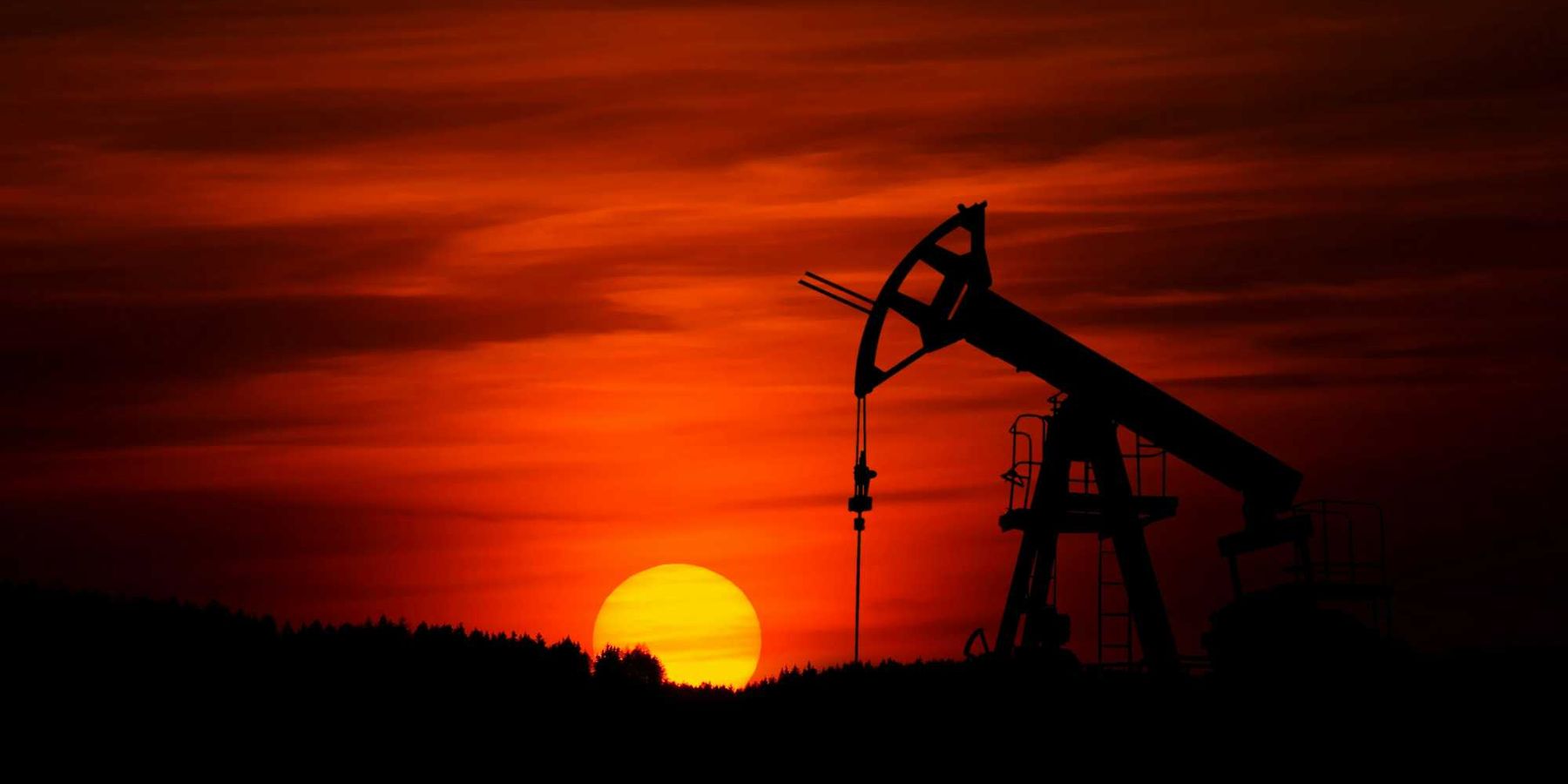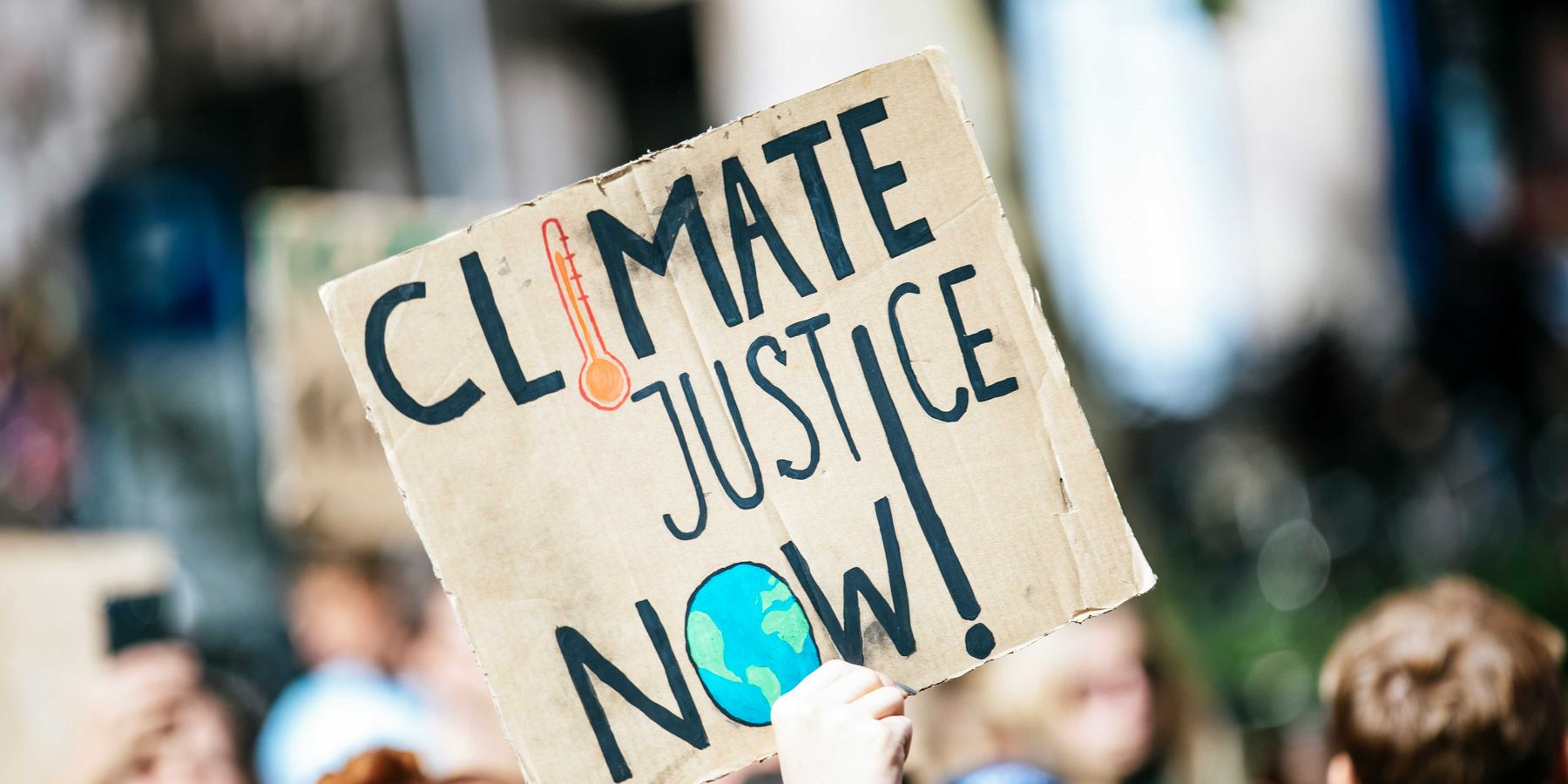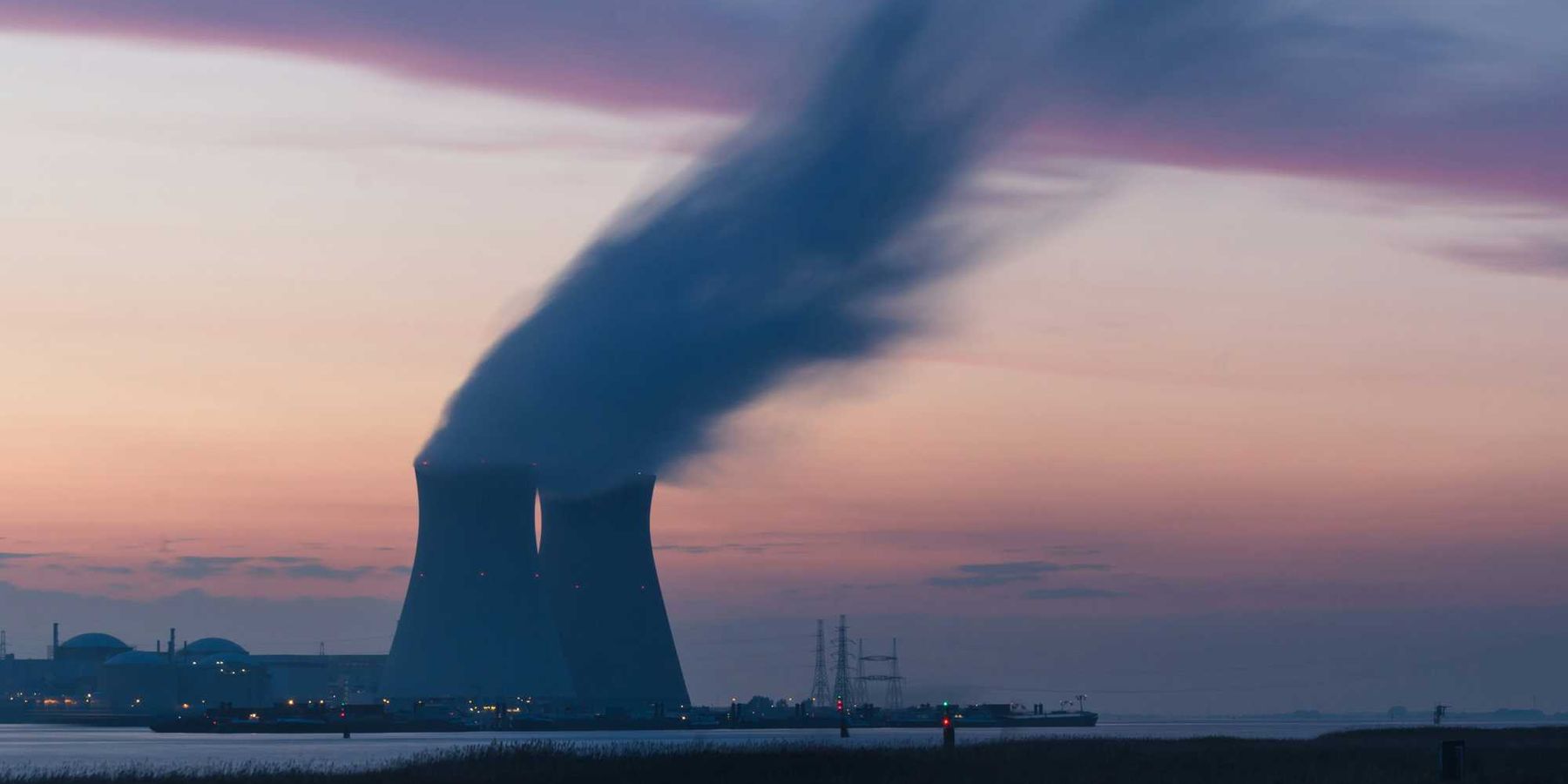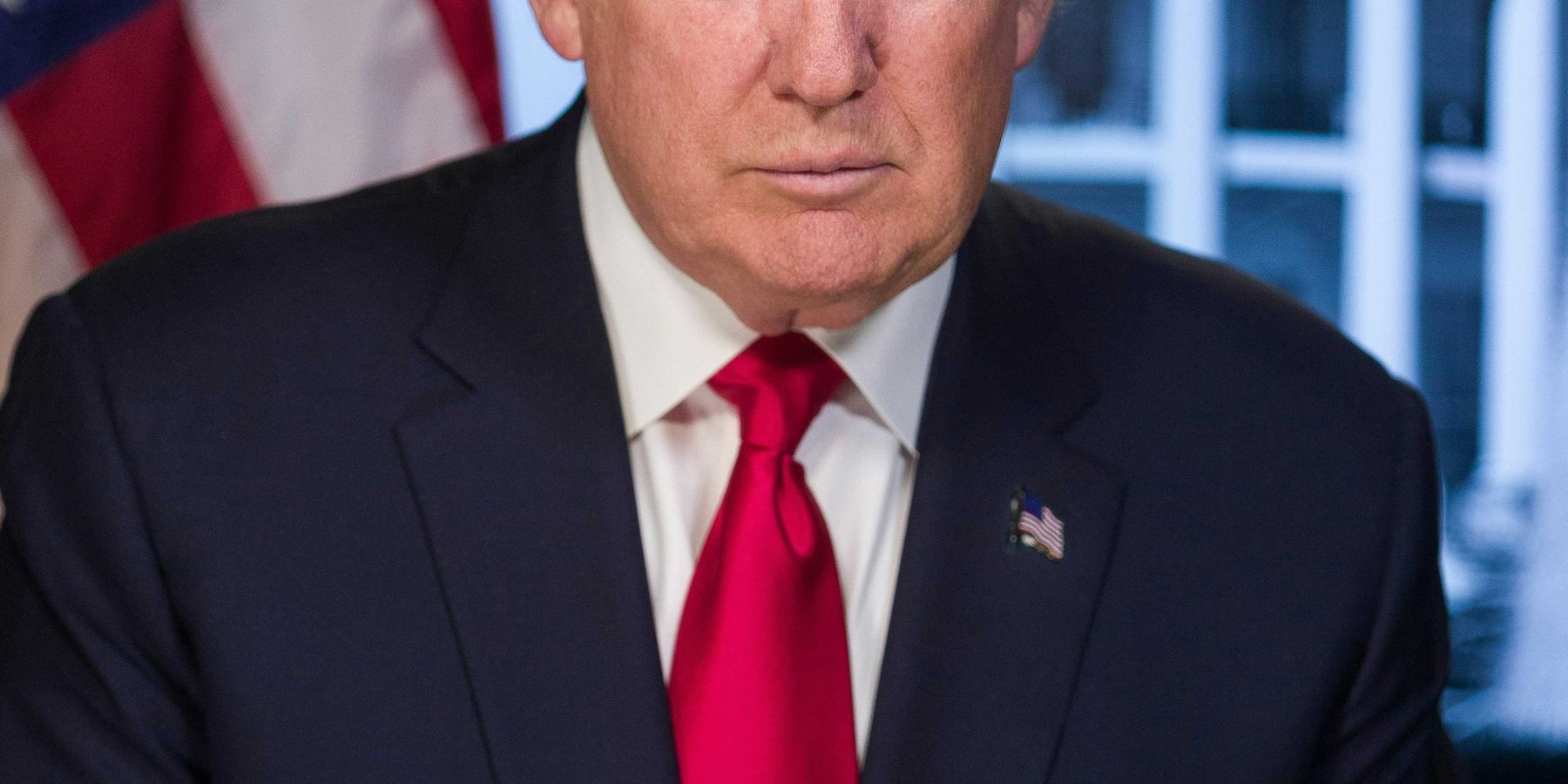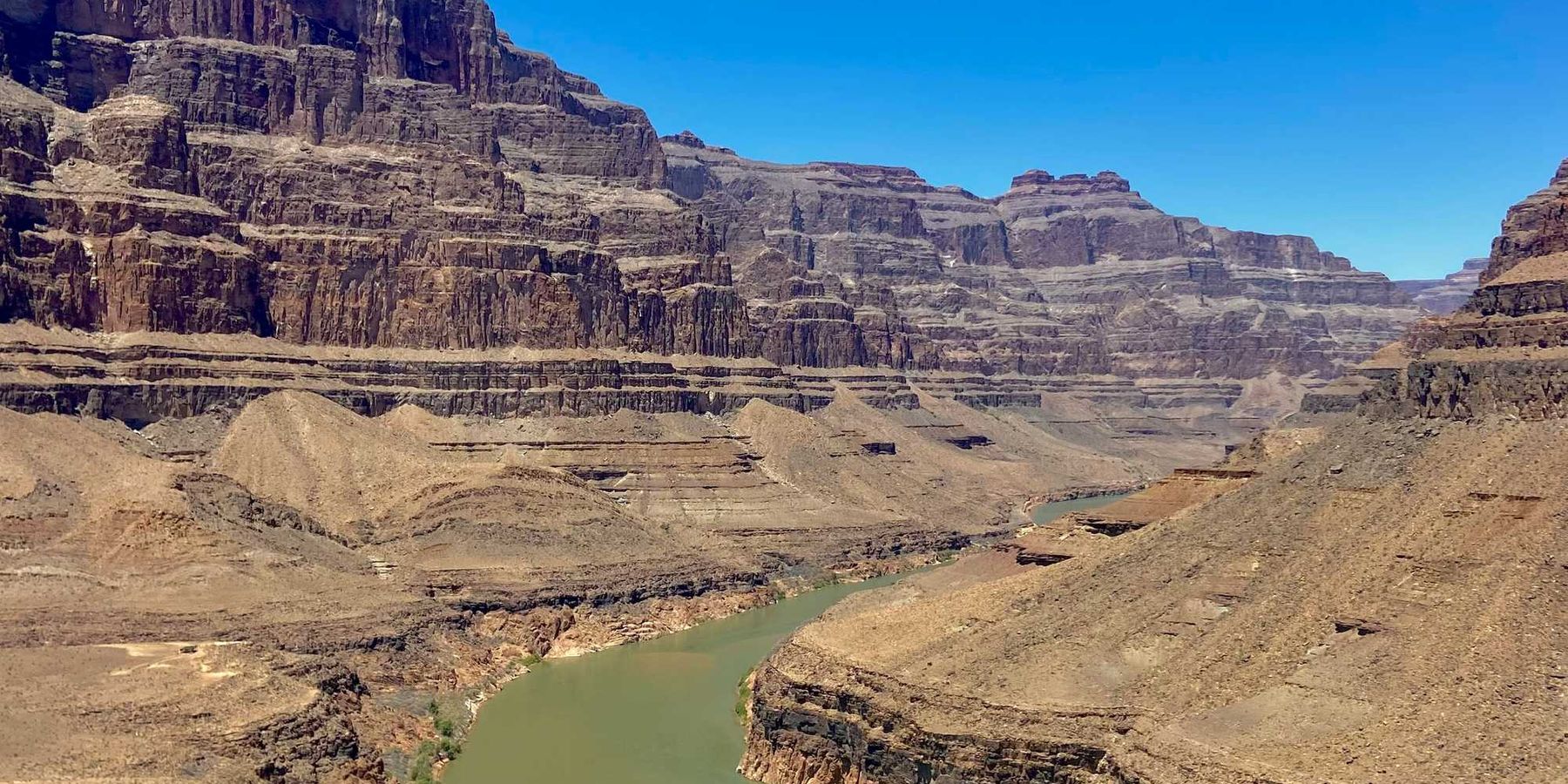Clean energy grows, but many of the poorest remain in the dark.
Energy access, efficiency and renewables are on the rise in many developing nations, but in places like Sub-Saharan Africa, the energy situation is still grim.
Energy access, efficiency and renewables are on the rise in many developing nations, but in places like Sub-Saharan Africa, the energy situation is still grim and hundreds of millions remain unconnected, according to a new World Bank report.
The report, an energy scorecard released today, found that 80 percent of the 111 countries studied have policies for more sustainable energy—meaning energy efficiency, access to energy and use of renewables—with 45 countries at advanced stages of policymaking.
"The world is in a race to secure a clean energy transition," said Rachel Kyte, CEO of Sustainable Energy for All, a sustainable energy initiative launched by the United Nations in 2011. "The underlying message is we must go further and faster."
The report offers "the most detailed information yet" on how level the playing field is and who’s embarking on that race, she added.
Denmark scored the highest marks, followed by the United States, Canada, the Netherlands and Germany. While wealth tends to be associated with favorable clean energy policies, many developing nations—including Mexico, Chile, Thailand, Malaysia, Brazil and South Africa—had high scores as well.
But 24 countries are doing very little to support modern, accessible energy and the authors say these areas require a “call to action” from the international community. The bottom five performers were Somalia, Haiti, Mauritania, Chad and Sierra Leone.
"African countries on the whole scored very poorly, with as many as 40 percent barely beginning policy measures to accelerate access to energy," said Vivien Foster, energy economics global lead for the World Bank Group.
"African countries on the whole scored very poorly, with as many as 40 percent barely beginning policy measures to accelerate access to energy."-Vivien Foster, World Bank
The World Bank report is a snapshot in time of a fast moving world, Foster said. The data was collected in 2015 and some countries’ energy situations may have already changed quite a bit.
Foster and colleagues zeroed in on problems in Sub-Saharan Africa where roughly 600 million people live without electricity. This represents more than half of the people on the planet without electricity (approximately 1.1 billion globally are without electricity).
Ethiopia, Nigeria and Sudan alone have 116 million people without adequate electricity.
Access is, in part, a financial issue in these countries. In many Sub-Saharan Africa countries, people pay more than $500 to connect to the grid, while in another developing country, Bangladesh, that cost is as little as $22, according to the report.
"Sub-Saharan Africa has the highest fees … because customers have to pay for electrical equipment" such as circuit breakers, meters and cables, the authors wrote.
Africa has long been the least electrified, and power there cannot keep up with population growth. Those disparities won't disappear without policies encouraging both private and public investment, said Riccardo Puliti, senior director and head of energy and extractives at the World Bank.
A World Bank report released last year estimated that bringing energy to everyone on the continent, while doubling the rate of energy efficiency and the share of renewable energy use, would cost $50 billion to $80 billion annually.
Africa already gets roughly 70 percent of its energy from renewables because of heavy reliance on biomass such as wood and dung. However, it also gets 21 percent of its electricity from more modern renewables such as solar, wind and geothermal.
Home solar systems were offered as a key opportunity for countries to tackle inadequate access and the need for clean energy, however, "many countries… have done little to create a regulatory environment favorable to accelerate the diffusion of solar home systems," according to the report.
Those solar systems do not come cheap. The World Bank funneled more than $200 million to fund household solar in Ethiopia, which helped provide solar-powered lights and energy to about 3 million people.
Renewables at forefront; efficiency forgotten
For much of the world, however, renewables are growing fast: 93 percent of countries have renewable energy targets, and more than three-quarters have supporting legislation, according to the report.
This growth, however, needs more focus. Just 39 percent of countries have studied how to integrate renewables such as solar and wind power into their current electrical grids, the authors found.
There is a range of technical efficiency in getting renewables up and running too—setting up a grid-connected wind power farm takes about a month in Ukraine, while it takes about five years in Honduras.
In addition, most countries are bolstering renewable energy without putting forth as much investment and policy aimed at energy efficiency, such as adopting building codes, labeling appliances and mandating certain equipment and vehicle standards.
This is the “low hanging fruit” and often the most cost-effective way of bolstering clean energy, Foster said. "Forty percent of countries have barely begun to engage with the energy efficiency agenda," she added.
The barriers to efficiency are low. Foster pointed to Vietnam’s success in energy efficiency as a model. Electricity demand increased more than 20 percent per year throughout the 1990s, and 15 percent per year in the 2000s. Vietnam Electricity introduced tariffs to encourage electricity reduction at industries during peak hours. This program was then rolled out to other large consumers such as farmers.
The next report will come out in 2018.

